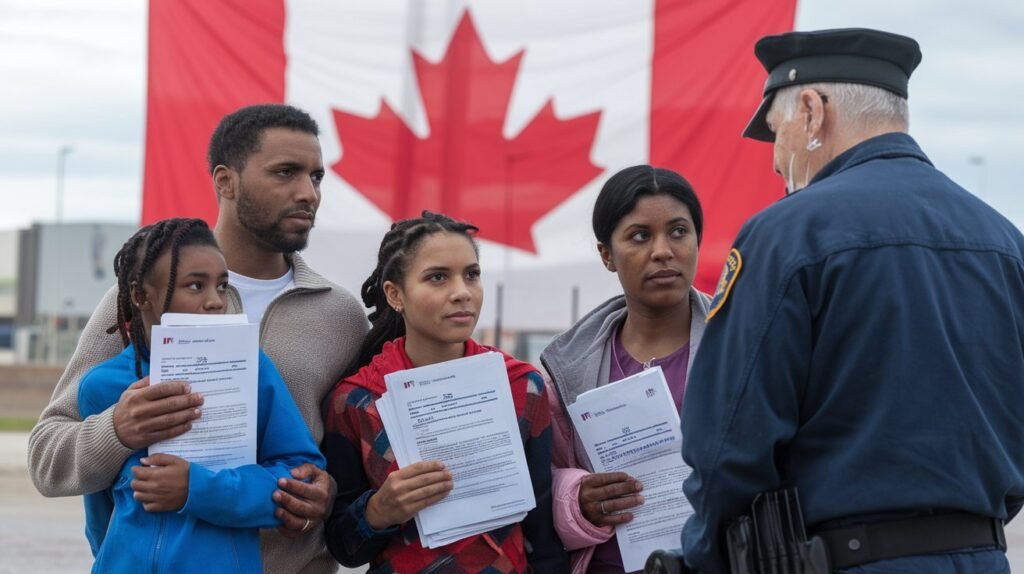
Understanding Refugee Status and Appeals in Canada
Introduction
Canada has long been recognized as a welcoming nation for refugees fleeing persecution, war, or human rights violations. Refugee protection falls under the jurisdiction of the Immigration and Refugee Board of Canada (IRB), which assesses claims made by individuals seeking asylum. This post delves deep into the refugee claim process, appeals, and legal recourse available to those whose claims are denied. The updated 2024 guidelines help provide a clearer understanding of this important area of Canadian immigration law.
The Refugee Claim Process in Canada
A person can make a refugee claim either upon entering Canada or while inside the country. The Immigration and Refugee Protection Act (IRPA) lays out the framework for determining whether a person qualifies for refugee protection.
- Claims can be made at Canadian border points, international airports, or immigration offices.
- The Refugee Protection Division (RPD) is responsible for reviewing cases and deciding whether to grant refugee protection.
- Individuals can claim asylum based on two criteria: being a Convention Refugee or a Person in Need of Protection.
Understanding Convention Refugees and Persons in Need of Protection
Convention Refugees are individuals who fear persecution based on race, religion, nationality, political opinion, or membership in a particular social group. On the other hand, Persons in Need of Protection are individuals who may face risk of torture, death, or cruel treatment if returned to their home country.
- Canada grants protection under the 1951 UN Refugee Convention and other human rights treaties.
- Refugee claims are adjudicated based on thorough evidence, such as documents, testimonies, and interviews.
Appeals and Judicial Reviews for Refugees
If a refugee claim is rejected, the individual has the right to appeal through the Refugee Appeal Division (RAD) or request a judicial review by the Federal Court of Canada. The appeal process offers applicants another opportunity to present new evidence or argue errors in their initial decision.
- Appeals must be filed within 15 days of receiving the rejection decision.
- Judicial reviews allow applicants to challenge whether the RPD’s decision was fair and lawful.
Legal Assistance for Refugees
Navigating the refugee claim process can be complex, and it’s essential to seek legal help. Specialized immigration lawyers can assist in presenting a case to the IRB, preparing for appeals, and helping families stay together.
Conclusion
Canada remains a safe haven for individuals fleeing from danger, but refugee claims and appeals involve a stringent legal process. Ensuring proper representation and understanding the system is key to securing protection in Canada.

